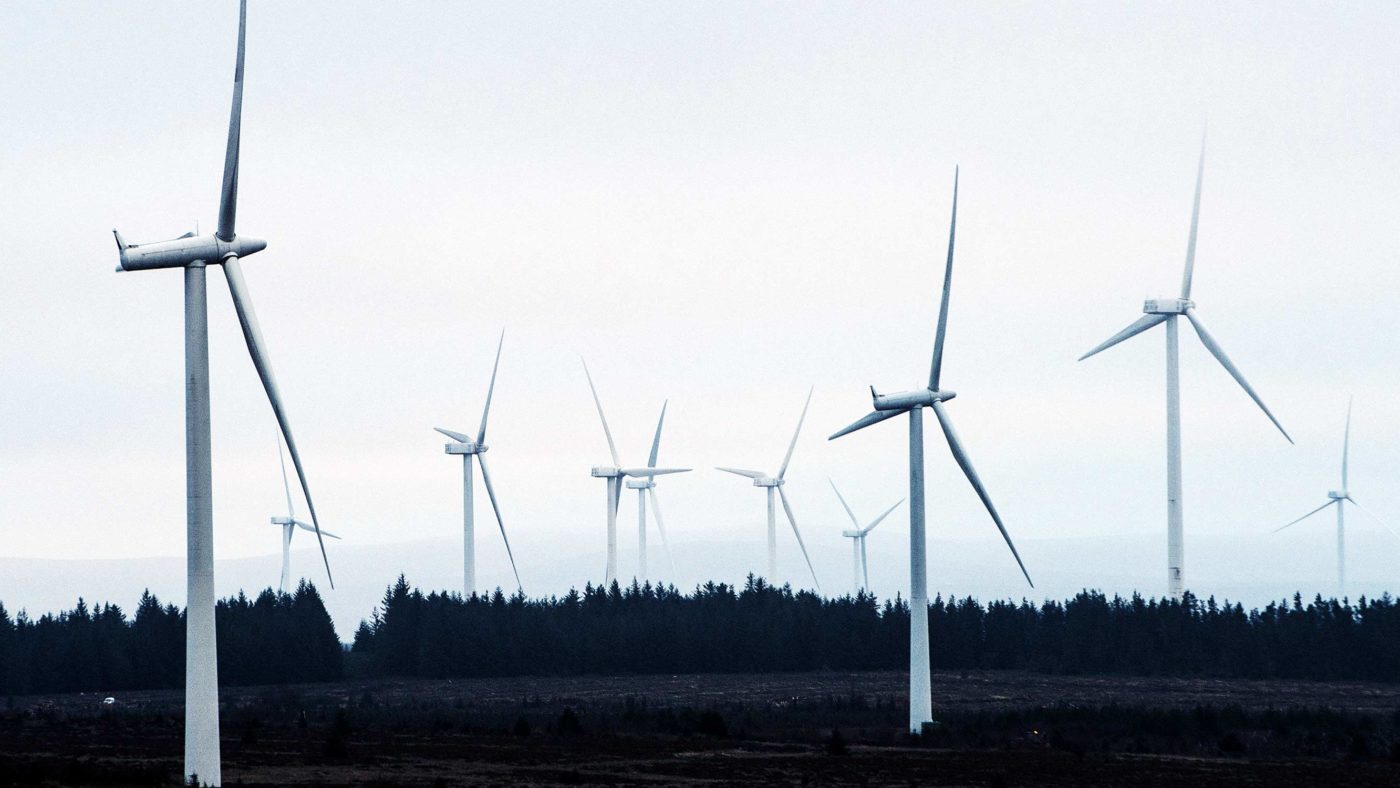There’s nothing like a crisis to bring the failures of the past into sharp focus. Right now, as the UK faces a stark cost of living squeeze which is mostly being driven by energy prices, the Government is publishing their strategy for energy security. One can’t help but wish we had taken this problem seriously 20 years ago; energy security is a marathon, not a sprint. But in either case, we’re hardly off the starting line.
There are two main problems to consider when developing an energy security strategy: distribution and generation. Distribution seems to be the lesser of the two issues at the moment. Electricity distribution is well in hand under the aegis of the National Grid and, as we move increasingly towards renewables being the primary source of energy. That said, we should always be looking for ways to maximise efficiency and safeguard against natural and man-made disasters which may hit the Grid.
That leaves us with generation and, relatedly, storage. The Government’s main task is to figure out which combination of wind, solar, hydro, nuclear, and gas to prioritise. As we outline in the Adam Smith Institute’s latest discussion paper, that’s easier said than done.
A decades-long shift towards renewable energy has changed the makeup of the UK’s energy sector. It has certainly benefited the environment and created thousands of high-skill jobs, but at the same time, it has changed the conversation about how to safeguard cheap, reliable energy from one based on practicalities to platitudes. Any real conversation about energy security must highlight the realities of renewable energy – it is currently more expensive, less abundant, and less reliable than the energy sources we’ve been relying on for centuries.
Therefore, while it is inevitable that the Government will continue to move towards renewable sources of energy, it is also important to put in safeguards that will ensure a continuous supply of energy for Dunkelflaute days – periods when the sun doesn’t shine and the wind won’t blow. These baseload sources, typically provided by nuclear and hydroelectric generation, are incredibly important for creating a safe, sustainable energy supply.
But energy infrastructure doesn’t spring up overnight. In no small part thanks to over-regulation, nuclear plants are incredibly expensive and time-consuming to build. So it’s a shame that successive governments have turned against nuclear power and shut down many operating plants whilst refusing to approve more.
With the new strategy it’s a case of ‘better late than never’. It highlights the importance of nuclear power and puts focus on building small modular reactors. There has been large investment in Small Modular Reactors, especially with Rolls Royce and new interest by Elon Musk. These may be some years away from roll-out, but long-term thinking will help us combat future crises. This is a good sign that the Government is taking the future of energy generation seriously and not kowtowing to special interests.
That brings us to a controversial but important policy area – shale gas. Faced with sky-high wholesale gas prices, the Government has chosen to revisit the moratorium on fracking. While fracking has many detractors, it is also an incredibly fast-changing sector which, as technology improves, increases the likelihood of safe extraction. The Government isn’t going so far as to reinstate fracking tomorrow, but they’re at least halting the shut down of two wells in Lancashire owned by Cuadrilla Resources.
Taken together, the Government’s proposals should help create more dynamic homegrown energy provision. Unfortunately, it may be a case of too little too late. We ought to be wary too of making long-term decisions during a crisis that may lead us to miscalculating the relative necessity or practicality of certain energy sources. What we really needed was a balanced, thorough strategy for generating energy decades ago.
Click here to subscribe to our daily briefing – the best pieces from CapX and across the web.
CapX depends on the generosity of its readers. If you value what we do, please consider making a donation.


